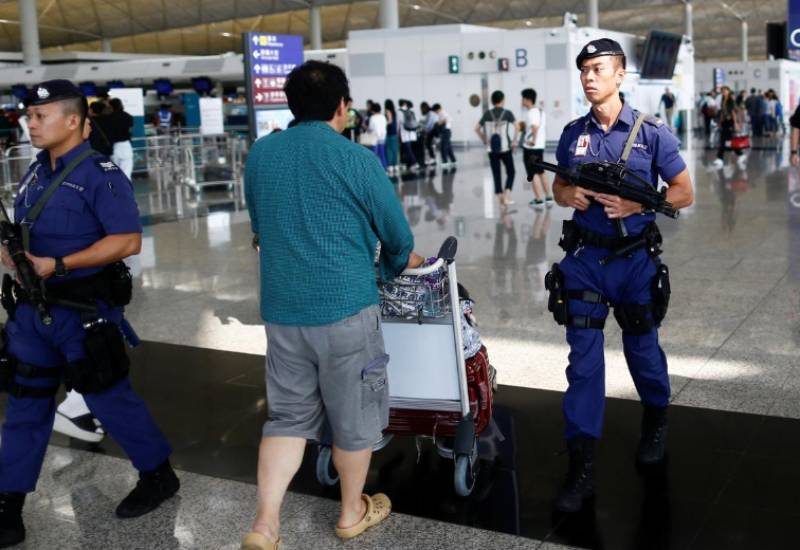×
The Standard e-Paper
Kenya’s Boldest Voice

Hong Kong’s airport resumed operations on Wednesday, rescheduling hundreds of flights that had been disrupted over the past two days as protesters clashed with riot police in a deepening crisis in the Chinese-controlled city.
Ten weeks of increasingly violent clashes between police and pro-democracy protesters, angered by a perceived erosion of freedoms, have plunged the Asian financial hub into its worst crisis since it reverted from British to Chinese rule in 1997.